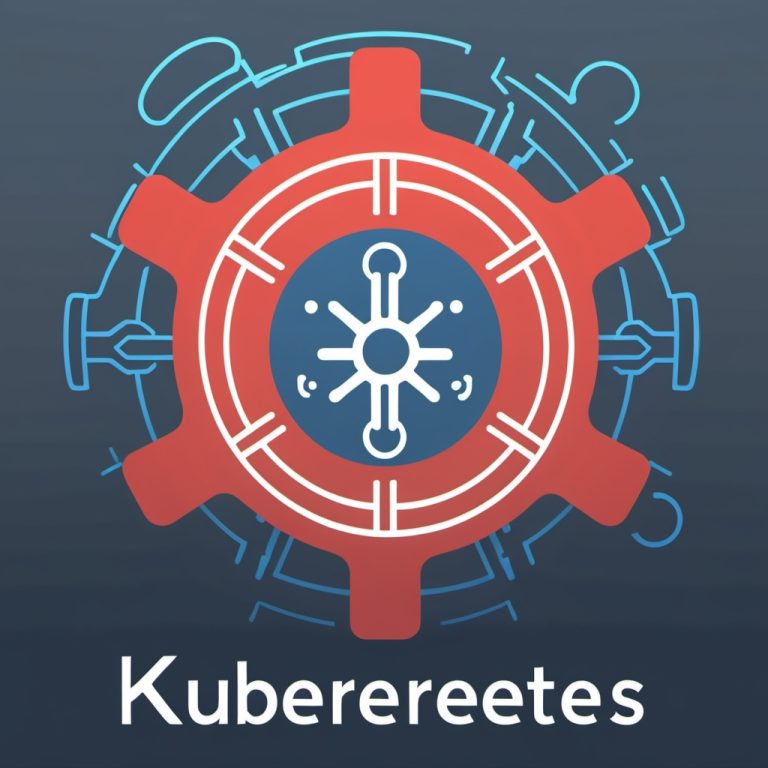
The technology industry is one of the fastest-growing and most lucrative sectors globally. With advancements in artificial intelligence, cloud computing, cybersecurity, and software development, tech roles are in high demand. However, to secure high-paying positions, certifications can be a significant asset, showcasing your expertise and enhancing your credibility. Below is a comprehensive guide to help you navigate the process of obtaining certifications for high-paying tech roles.
1. Identify Your Career Path and Goals
Before pursuing certifications, it’s essential to identify the tech role you aim to specialize in. High-paying roles such as cloud architect, data scientist, cybersecurity analyst, and AI engineer require different skill sets and certifications. Research the responsibilities, skill requirements, and industry demand for your chosen role.
Key Questions to Consider:
- What are your interests and strengths in tech?
- Which roles align with your long-term career aspirations?
- What certifications are commonly required or recommended for these roles?
2. Research Relevant Certifications
Once you’ve chosen a career path, research certifications that align with your goals. Some widely recognized certifications include:
- Cloud Computing: AWS Certified Solutions Architect, Microsoft Certified: Azure Solutions Architect Expert, Google Professional Cloud Architect.
- Cybersecurity: Certified Information Systems Security Professional (CISSP), Certified Ethical Hacker (CEH), CompTIA Security+.
- Data Science and Analytics: Google Data Analytics Professional Certificate, Microsoft Certified: Azure Data Scientist Associate, SAS Certified Data Scientist.
- Software Development: Oracle Certified Professional Java SE Programmer, Microsoft Certified: Azure Developer Associate, Certified Kubernetes Application Developer (CKAD).
- AI and Machine Learning: TensorFlow Developer Certificate, IBM AI Engineering Professional Certificate, AWS Certified Machine Learning Specialist.
Ensure the certifications you choose are widely recognized and valued by employers in your desired field.
3. Evaluate Prerequisites and Prepare
Certifications often have prerequisites such as prior knowledge, experience, or foundational certifications. For example, advanced AWS certifications recommend having prior experience or holding foundational certifications like AWS Certified Cloud Practitioner.
Steps to Prepare:
- Review Certification Requirements: Visit the official website of the certification body to understand prerequisites, exam formats, and objectives.
- Gain Necessary Skills: Take online courses, attend workshops, or gain hands-on experience to build your skills.
- Leverage Free and Paid Resources: Platforms like Coursera, edX, Udemy, and LinkedIn Learning offer preparatory courses.
4. Develop a Study Plan
Create a structured plan to cover the certification syllabus. Divide your preparation into manageable segments and allocate specific time slots for each topic. Consider:
- Setting a target exam date.
- Allocating time daily or weekly for study.
- Including practice tests to gauge your understanding.
5. Gain Practical Experience
Hands-on experience is crucial for both passing certification exams and excelling in real-world applications. Many certifications include practical labs or projects, but you can also:
- Work on personal projects.
- Contribute to open-source projects.
- Use platforms like GitHub to showcase your work.
- Participate in internships or freelance projects.
6. Register and Take the Exam
When you feel confident in your preparation, register for the certification exam through the official website. Here are some tips for exam day:
- Arrive early or log in on time if the exam is online.
- Ensure your equipment (for online exams) meets the requirements.
- Read each question carefully and manage your time effectively.
7. Showcase Your Certification
After earning your certification, highlight it on your professional profiles, including LinkedIn, GitHub, and your resume. Be sure to:
- List your certifications prominently in your resume’s skills section.
- Mention certifications in job applications and interviews to strengthen your candidacy.
8. Pursue Continuous Learning
The tech industry evolves rapidly, and staying relevant requires ongoing learning. Many certifications require periodic renewals, which can be an opportunity to stay updated.
Ways to Stay Current:
- Attend webinars, conferences, and tech meetups.
- Enroll in advanced courses or pursue additional certifications.
- Subscribe to tech blogs and follow industry leaders.
Certifications are a powerful tool for advancing your tech career and unlocking high-paying roles. By identifying your career goals, researching relevant certifications, gaining practical experience, and committing to continuous learning, you can position yourself as a competitive candidate in the ever-evolving tech landscape. Start your journey today and invest in your professional growth to achieve long-term success.






